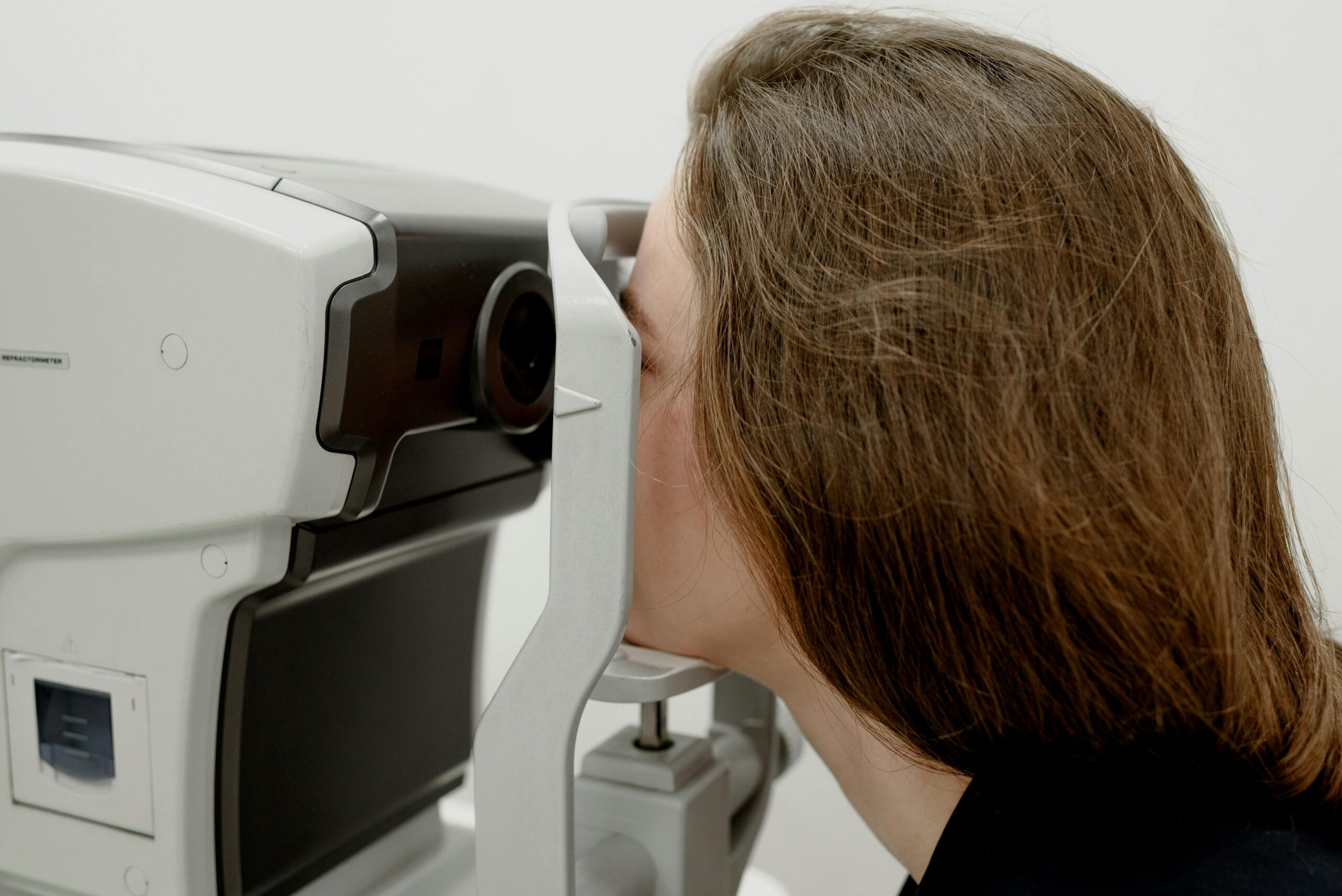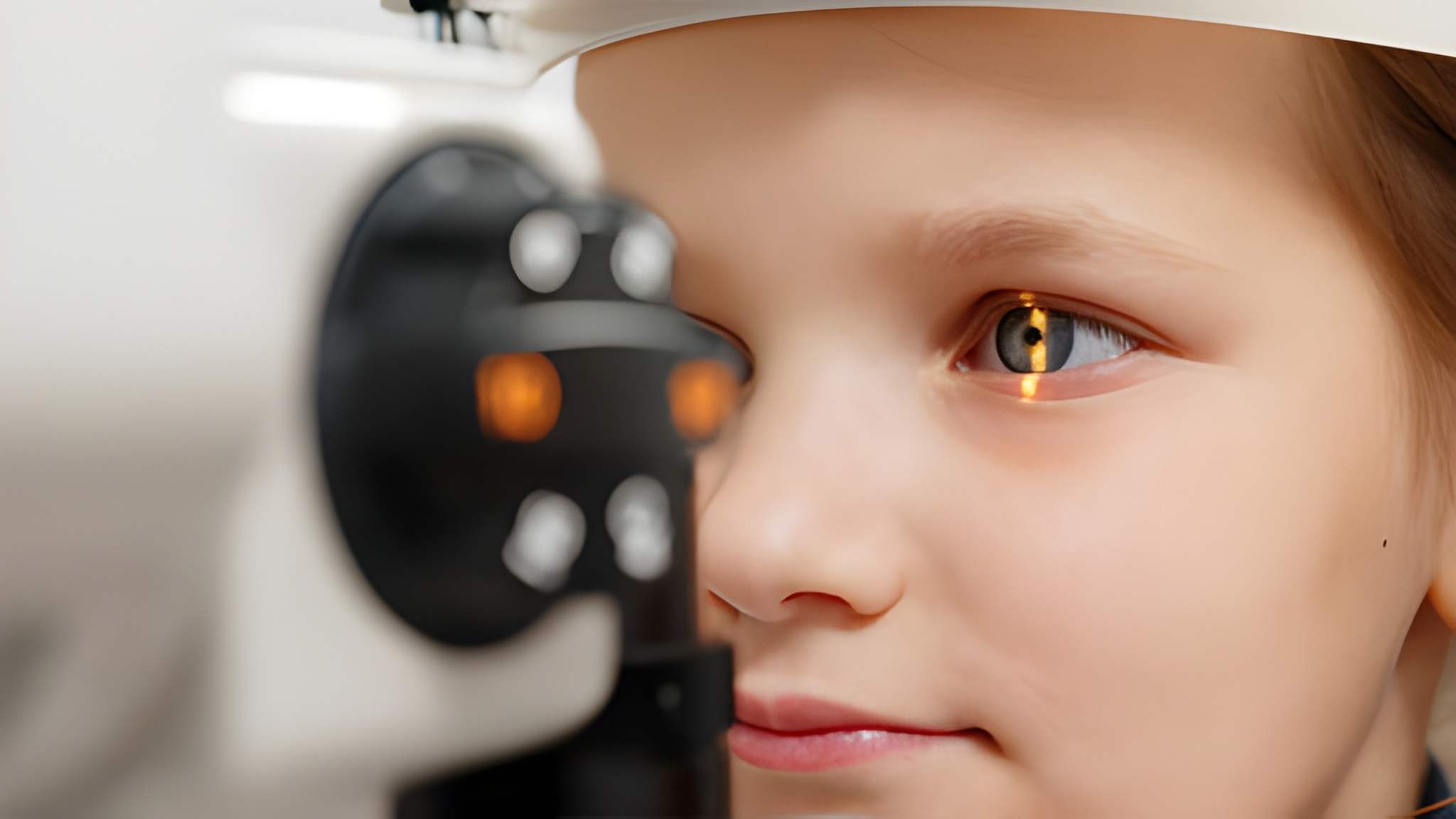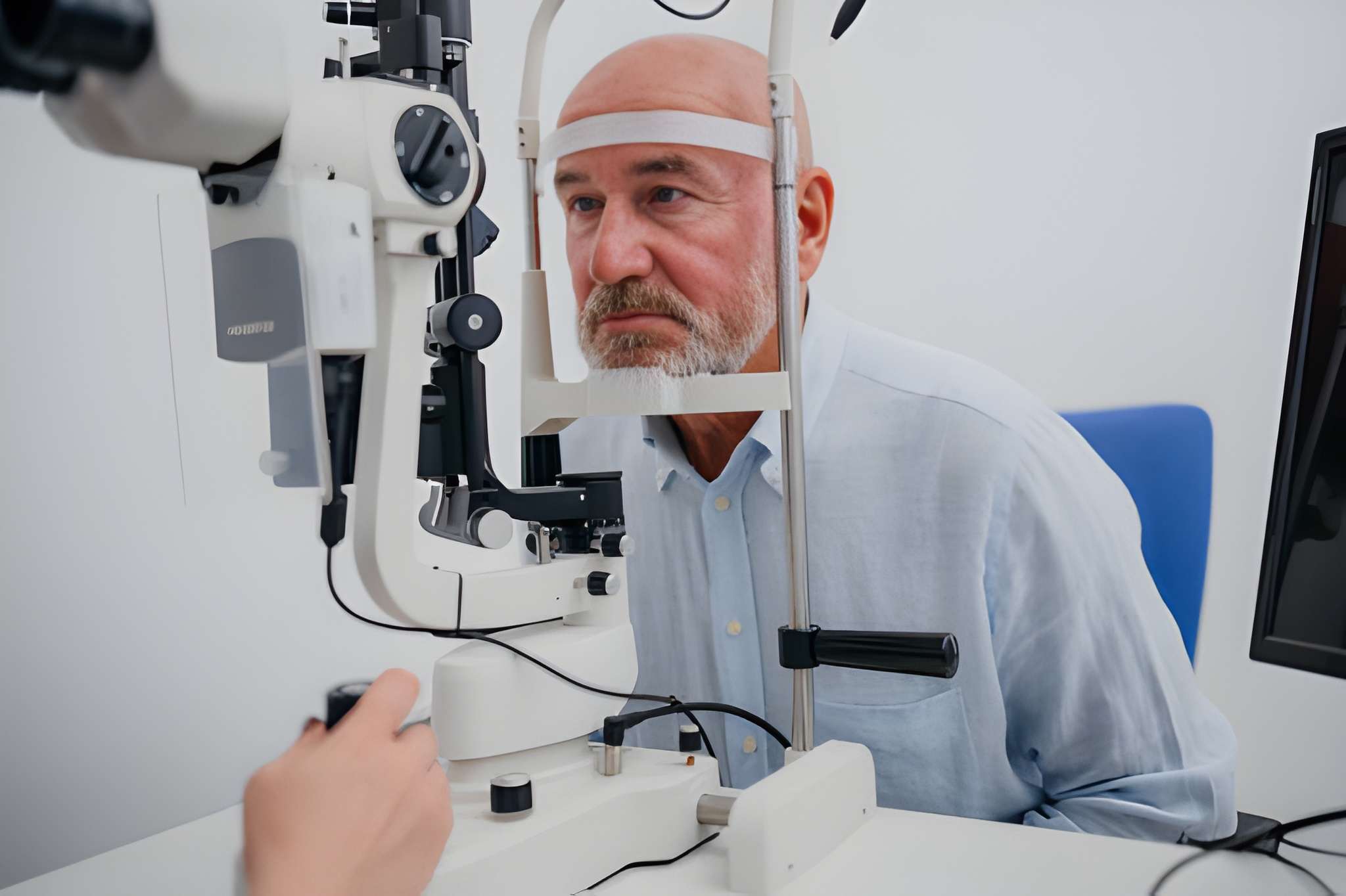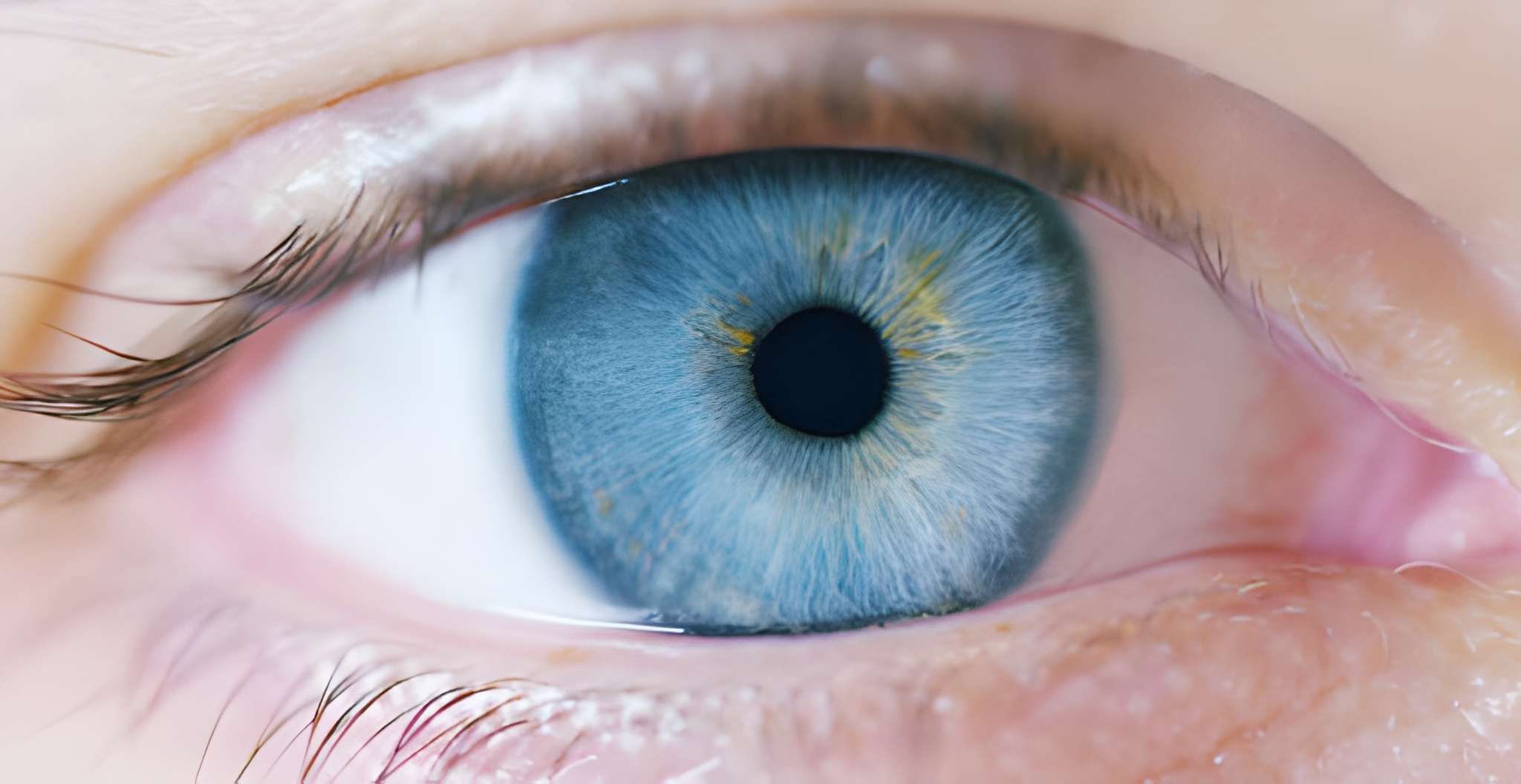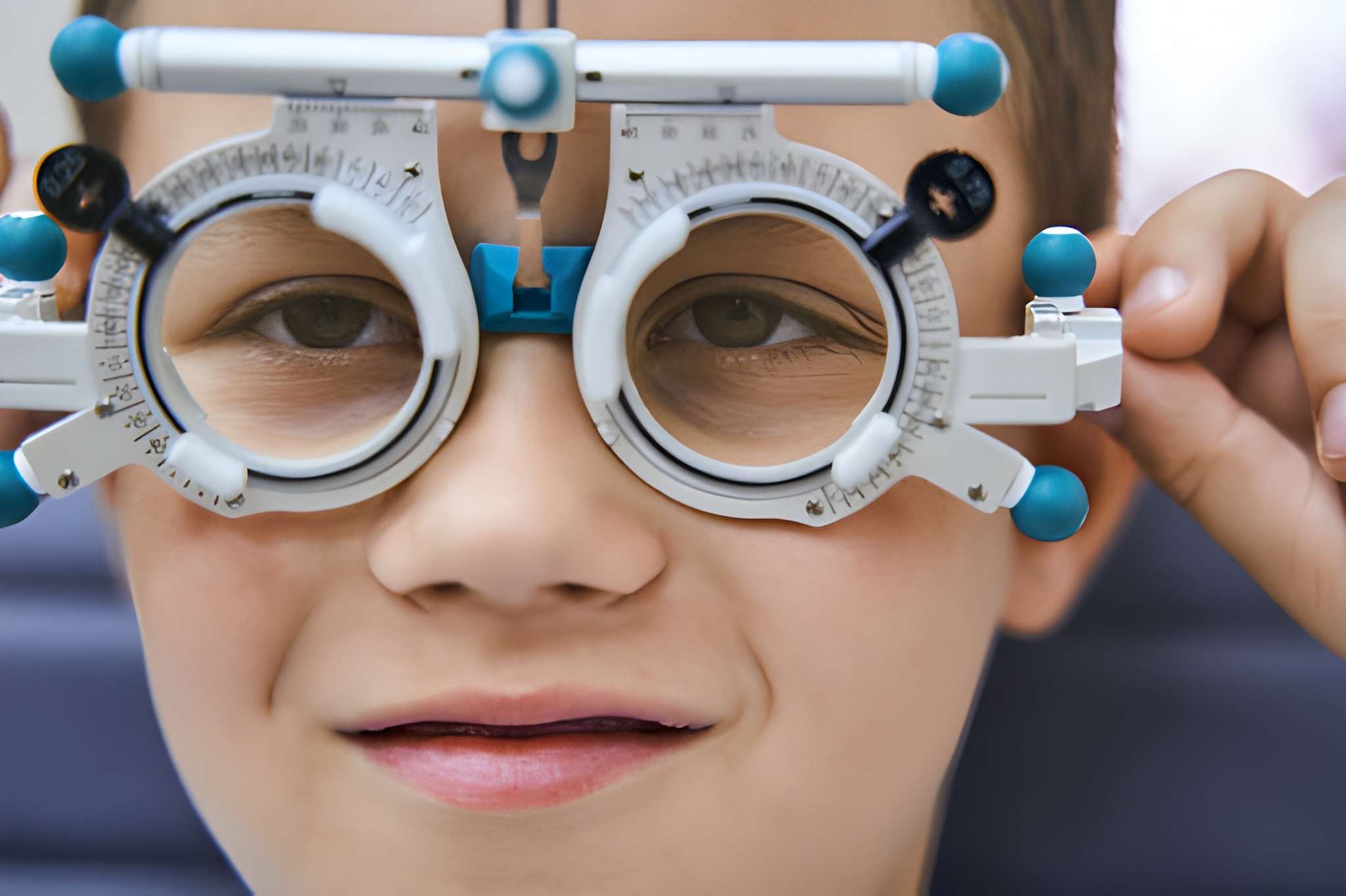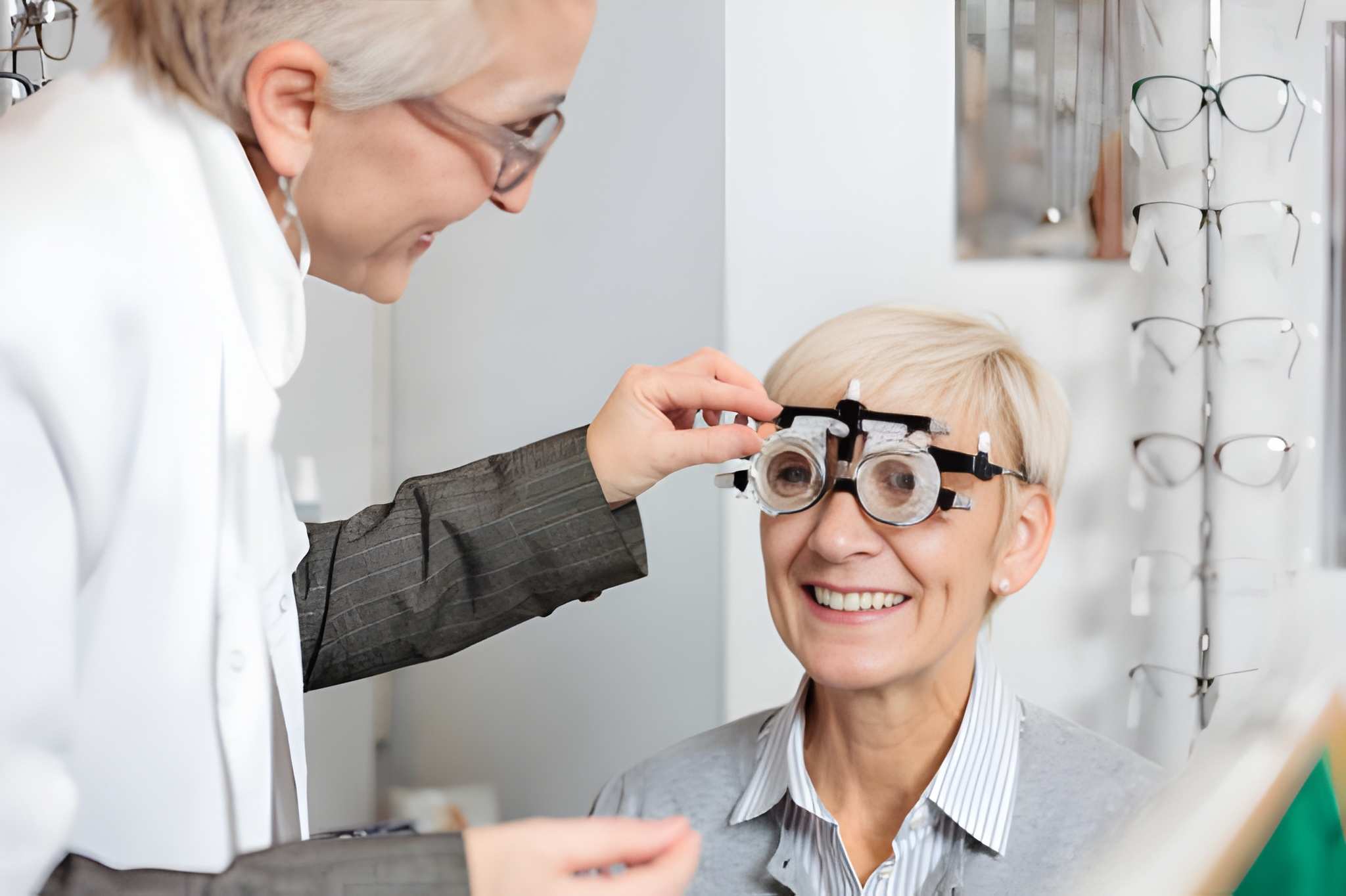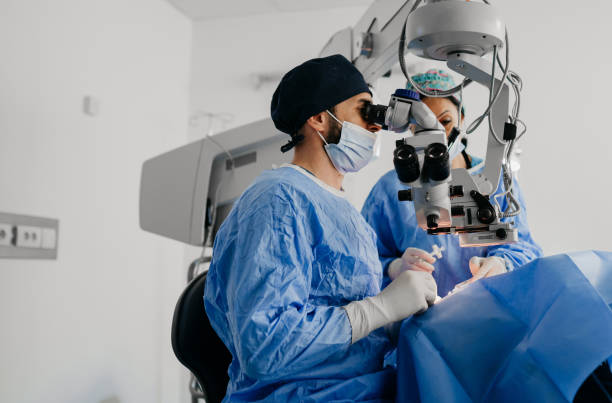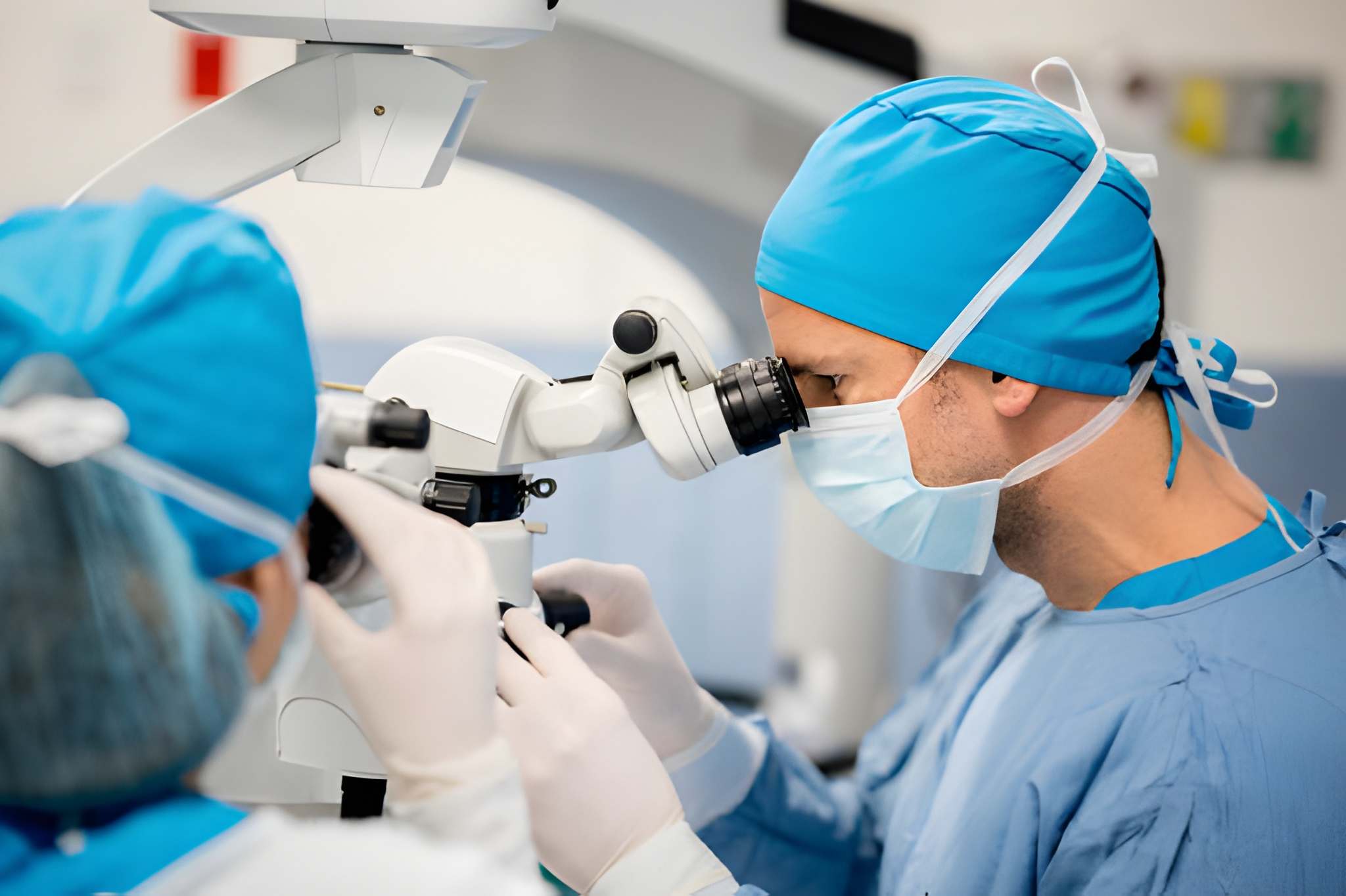Top Eye Doctors in Dubai: Your Ultimate Guide
Finding the right eye doctor in Dubai can be overwhelming with the variety of clinics and specializations available. Whether you’re looking for routine care or advanced treatment, making an informed decision is crucial for your eye health. This guide walks you through everything you need to know to find the best eye specialist for your needs.
What is Ophthalmology?
Ophthalmology is a branch of medicine that deals with the diagnosis and treatment of eye disorders. It encompasses medical and surgical interventions to preserve and improve vision, from correcting refractive errors to managing complex retinal diseases.
Types of Eye Specialists: Who Does What?
Understanding the different types of eye care providers helps in choosing the right specialist:
- Ophthalmologist: A medical doctor specialized in eye care, including surgery.
- Optometrist: Trained in vision testing and prescribing corrective lenses; can manage some eye conditions.
- Optician: Provides and fits glasses or contact lenses based on prescriptions.
Why Choose an Eye Specialist in Dubai?
Dubai is home to world-class healthcare facilities, with many eye clinics offering cutting-edge technology and international standards of care. English-speaking staff, medical tourism offerings, and comprehensive insurance coverage make it an attractive destination for eye care.
Factors to Consider When Choosing an Eye Doctor
Before booking your appointment, consider these essential factors:
- Expertise and Qualifications: Look for board certifications, years of experience, and specializations that match your condition.
- Range of Services: Ensure the clinic offers treatments from vision tests to complex surgeries and children’s eye care.
- Advanced Technology: Clinics with modern imaging, diagnostic tools, and lasers can provide more accurate diagnoses and better outcomes.
- Patient Reviews and Testimonials: Honest feedback from other patients offers insight into the quality of service.
- Location and Accessibility: Choose a clinic that is easy to reach and has flexible scheduling options.
Tips for Booking Appointments with the Best Eye Doctors in Dubai
To secure your preferred time and doctor, it’s best to book in advance. Call the clinic directly or use their online appointment system. Prepare to provide your medical history for a smooth process.
What to Expect at Your First Visit
Your first appointment usually involves a comprehensive eye exam that includes:
- Medical history review
- Vision test (visual acuity)
- Eye pressure test (for glaucoma)
- Examination of eye structures using specialized equipment
Depending on your condition, your doctor may recommend additional tests or treatments.
Asking the Right Questions During Your Visit
Prepare a list of questions such as:
- What is the diagnosis and how serious is it?
- What treatment options are available?
- Are there lifestyle changes I should make?
- Do I need surgery, and what are the risks?
Comparing Clinics in Dubai
When comparing clinics, assess treatment options, pricing transparency, insurance acceptance, and patient support services. Clinics offering multilingual support and personalized care often stand out.
Technology’s Role in Modern Eye Care
Innovative technology like OCT scans, femtosecond lasers, and robotic-assisted surgeries have made eye care in Dubai more precise and efficient. Clinics investing in the latest tech tend to offer faster recovery and better outcomes.
How Lifestyle Affects Eye Health
Prolonged screen time, UV exposure, and poor diets can damage eye health. Wearing sunglasses, maintaining hydration, and taking screen breaks can preserve your vision.
Cosmetics and Eye Health: What You Need to Know
Sharing eye makeup or using expired products can cause infections. Always clean brushes regularly and avoid applying makeup inside your waterline to protect your eyes.
Children’s Eye Health: Warning Signs to Watch For
Look out for signs like frequent squinting, difficulty reading, eye rubbing, or sitting too close to screens. Regular eye exams starting from age 3 help catch and correct issues early.
When Should You Schedule an Eye Exam?
Adults with no symptoms should have an eye exam every 1–2 years. Those with diabetes, high blood pressure, or a family history of eye disease should go more frequently.
Eye Health and Nutrition
A diet rich in antioxidants, lutein, zeaxanthin, zinc, selenium, and vitamins A, C, and E promotes long-term eye health. Foods like spinach, carrots, salmon, eggs, and nuts are excellent choices.
Personalized Eye Health Plans
Some clinics in Dubai provide tailored plans including dietary recommendations, lifestyle modifications, and regular check-ups to help manage eye health proactively.
Ready for Better Vision?
Choosing the best eye care starts with understanding your needs and knowing what to look for in a provider. With Dubai’s expertise and advanced healthcare infrastructure, you’re in safe hands for any eye-related concerns.
Call to Action: Ready to take the next step? Book your comprehensive eye exam today and protect your vision for a brighter future.
FAQs
How often should I see an eye specialist if I have no symptoms?
If you have no symptoms or risk factors, an eye exam every two years is recommended. If you’re over 60, annual exams are advised.
Are eye exams painful?
No, eye exams are non-invasive and typically painless. Some tests may involve light sensitivity or brief discomfort.
Can I walk in for an appointment at an eye clinic?
Some clinics accept walk-ins, but it’s best to book in advance to ensure availability and reduce waiting times.
What should I bring to my eye appointment?
Bring identification, your insurance card, a list of medications, and previous prescriptions or medical records for the most accurate evaluation.
Is it safe to get eye treatment in Dubai?
Yes, Dubai is known for high medical standards, modern facilities, and experienced specialists, ensuring a safe and professional treatment environment.



